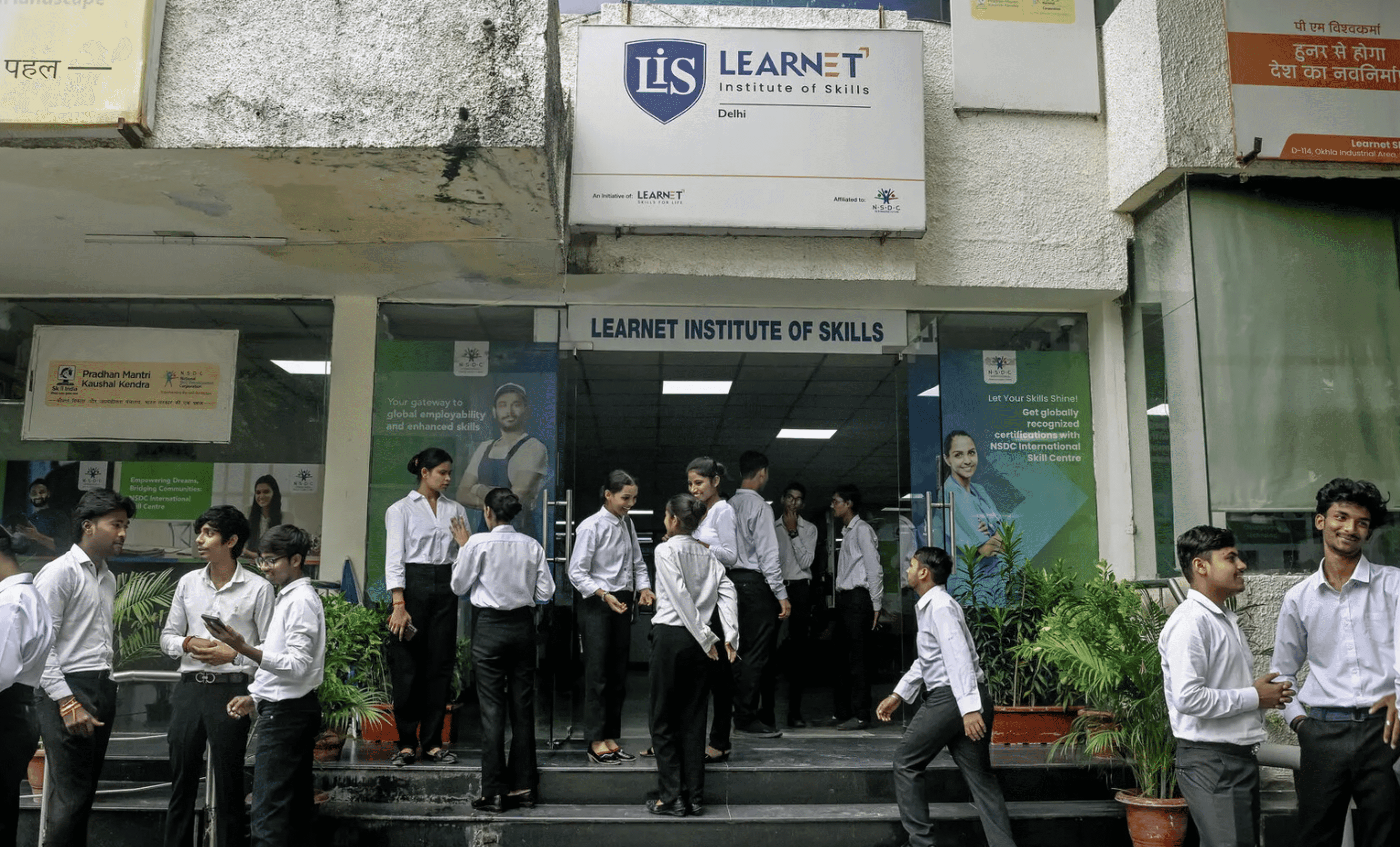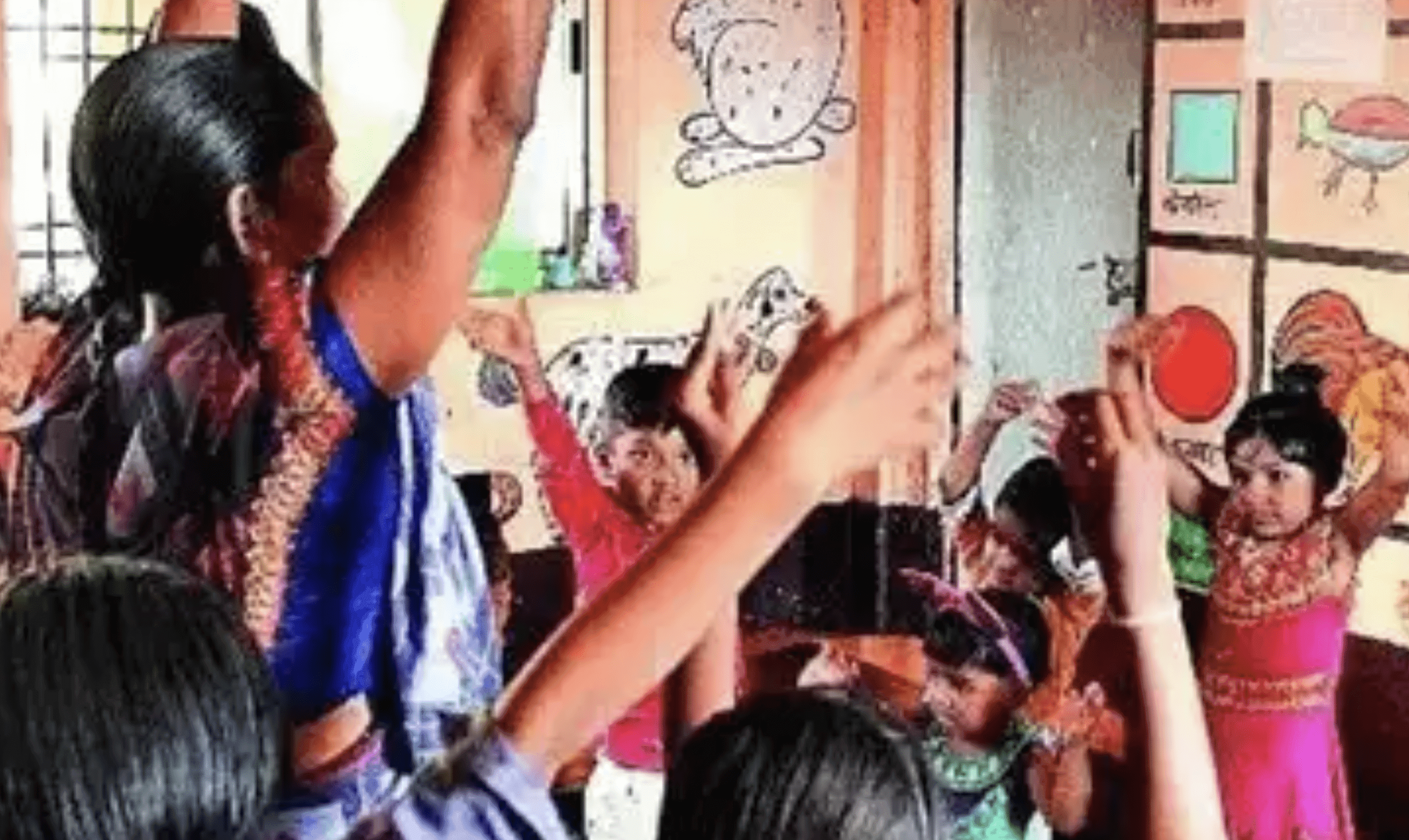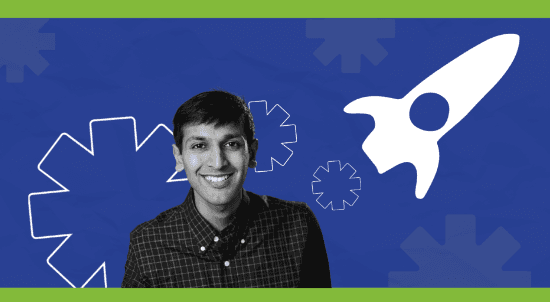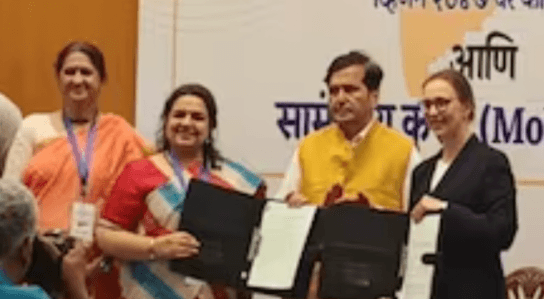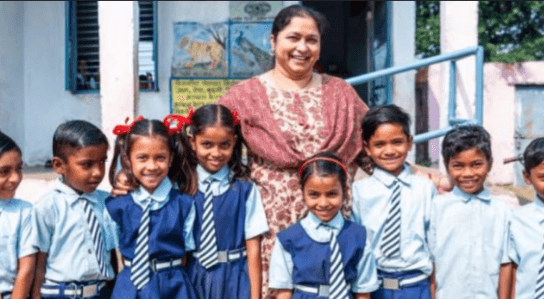As 85% of brain development happens before age 6, early childhood development must be a national priority. Schemes to ensure universal access to high quality early childhood care advanced by Central Square Foundation (CSF) and Rocket Learning include an additional educator at Anganwadi centres supported by parent resources, data baselining of learning outcomes, and changing public perceptions on the salience of early childhood development. CSF has supported the Ministry of Education with the design and launch of the NIPUN Bharat Mission—to ensure that all Grade 3 students achieve foundational literacy and skills by 2026-27—and is focusing on its effective execution. This entails regular monitoring of state-level progress, providing support to states to address challenges, and ensuring competency-based assessments.
The Centre for Research in Schemes and Policies (CRISP) has launched a scheme to integrate skills training and apprenticeship programmes into academic higher education, thus doing away with the stigma associated with vocational education. Other initiatives on higher educational institutions by the TCF network include advisory and mentoring services to help them acquire or improve national accreditation ratings and climb the quality ladder (CRISP) and fostering research excellence in STEM universities by building maker spaces that promote innovation and experiential learning (Maker Bhavan Foundation).
India can enhance its human capital by significantly stepping up its female labour force participation rate (LFPR), and The Udaiti Foundation is working to close the gender gap in this area. It does so by supporting the government as an enabler and recruiter of women employment, as well as by promoting female entrepreneurship and women-led enterprises. It is also looking closely at private sector metrics in this area across formal and informal, manufacturing and services segments
India’s large migrant community and significant remittances highlight the importance of overseas employment. Our goal is to double the number of overseas Indian workers and increase remittances to $300 billion by 2030, up from the current $125 billion annually. Remittances flow directly to households, enhancing consumption, education, health, and significantly reducing poverty. Our scheme to make India the next Global Talent Hub addresses visa constraints, recognition of Indian skills and financial barriers through bilateral labour agreements, necessary skilling, and accreditation initiatives.
Videos
